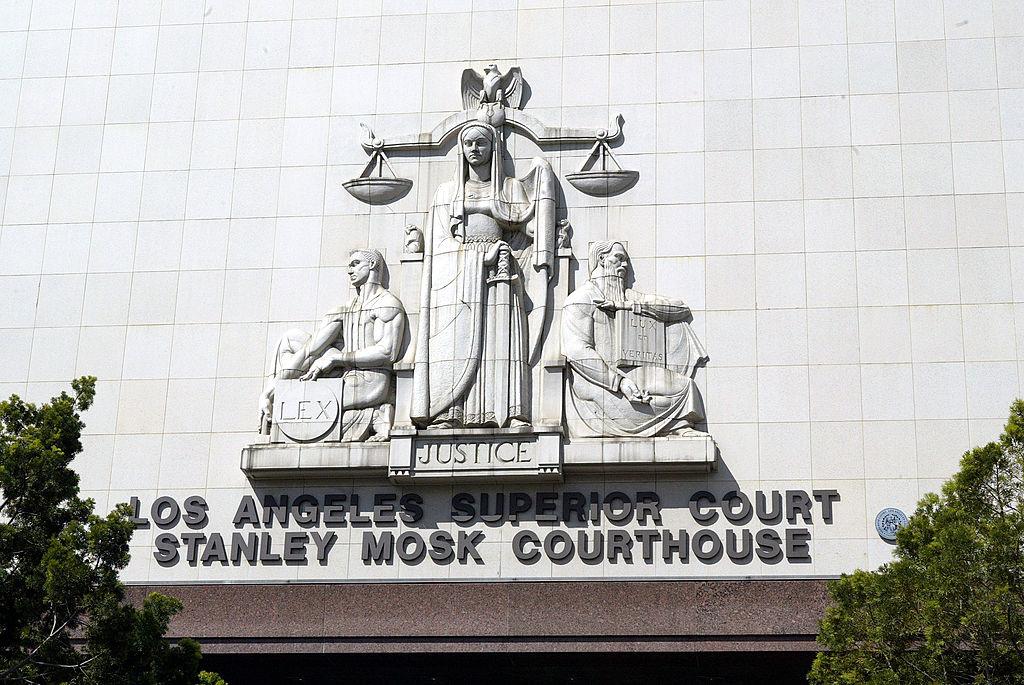In response to state budget cuts, the Los Angeles Superior Court is offering $35,000 to employees who want to leave.
Full-time staff with five years or more of continuous service are eligible for the one-time payment. Those who take advantage must voluntarily resign on or before Oct. 1 and can’t be rehired by the court for one year.





